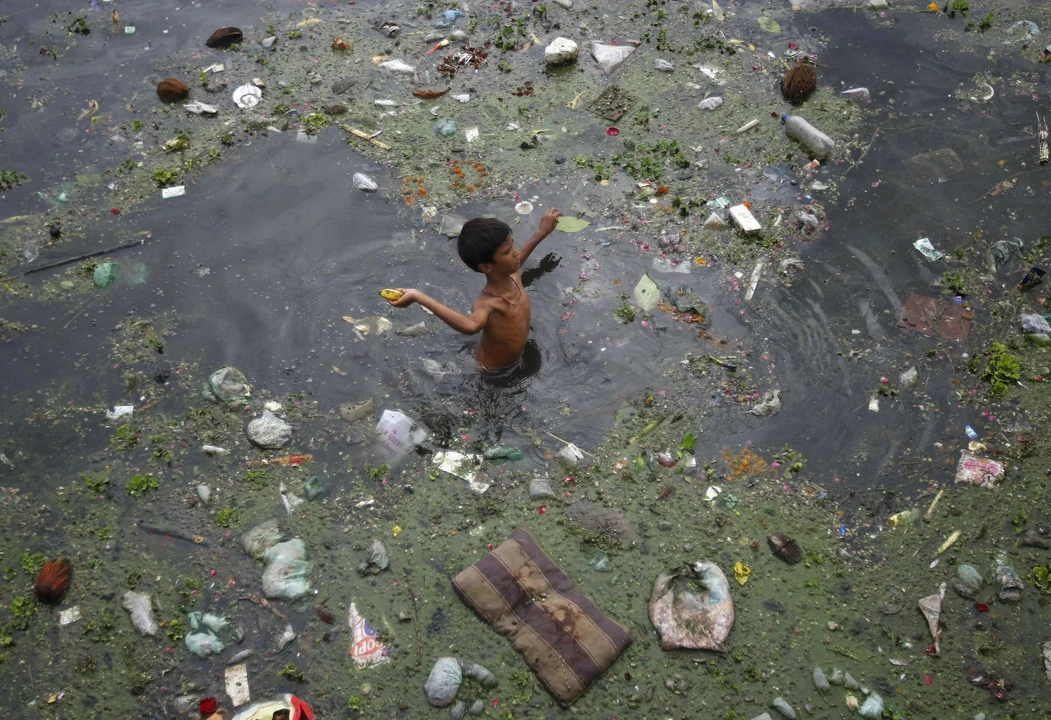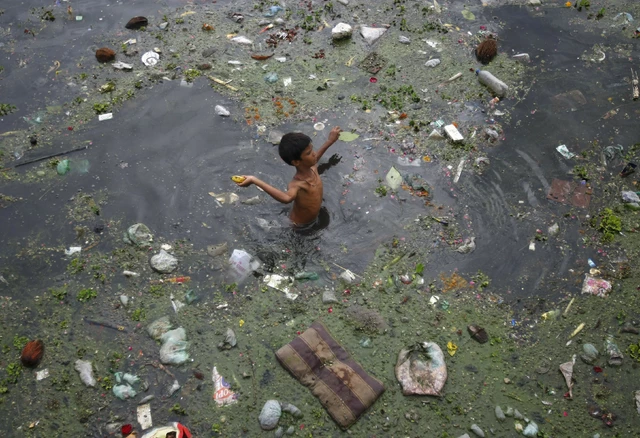Pollution: Simple, Practical Steps to Clean Air, Water and Streets
Pollution affects our health, wallets and daily life. You see it as smog over cities, plastic on streets, and sewage in rivers. Fixing it sounds huge, but small actions at home and in your neighbourhood add up fast. This guide gives clear, practical steps you can use today.
Quick things you can do right now
Choose walking, cycling or public transport for short trips. One less car ride reduces local exhaust and traffic stress. When you must drive, keep tires inflated and service the engine regularly to cut emissions. At home, switch to LED bulbs and unplug chargers when not in use to lower energy use. Buy fewer packaged goods and refuse single-use plastics like bags and straws. Carry a reusable bottle and cloth bag.
Sort waste at the kitchen counter into wet and dry piles. Compost wet waste to reduce smell and landfill load. Recycle plastics and paper through local collection points. If your area lacks a system, organize a small group to talk to the ward office—most councils respond when citizens push for collection points.
Home and community habits that matter
Avoid burning leaves or trash; open burning creates dangerous smoke. Use cleaner cooking methods where possible and ensure stoves are well-ventilated. Plant native trees and shrubs near homes and along streets—they help filter dust and cool neighbourhoods. Support local clean-up days and invite neighbours; one hour with a few people makes visible change.
For water protection, never pour oil, chemicals or medicines down drains. Use phosphate-free detergents and avoid dumping construction debris into water bodies. Report clogged drains and sewage leaks to your local municipality; persistent reporting often speeds repairs.
Noise pollution is often overlooked. Keep loud music, horns and machinery in check, especially at night. Simple measures like using single long horn blasts instead of repeated honks cut overall noise and tension on the road.
Want to make a bigger difference? Vote for candidates who commit to clean-air plans, better waste management and green transport. Support NGOs and community groups that plant trees, monitor local pollution levels, or run awareness campaigns. Small donations or a few volunteer hours can help scale projects that matter.
Finally, stay informed. Check local air-quality updates before planning outdoor exercise and protect children and elderly on high-pollution days. Teach kids about waste and reuse—habits formed young last a lifetime. Pollution can feel overwhelming, but everyday choices change the immediate environment and push for wider policy shifts. Start with one change this week and build from there.
Track air and water quality with free apps and government portals and share clean-air alerts in your community groups. At work, ask for proper waste bins, safer fuels and flexible work-from-home on bad air days. Schools can start waste-free days and add short outdoor gardening sessions to teach kids. These steady habits change demand—shops start offering refill options, authorities invest in better systems, and the city becomes easier to breathe in. Make pollution reduction visible.





